
Based on the current status of MSW leachate treatment in China, there are mainly three aspects of problems:
1.Problem of Activated Sludge Treatment Efficiency: Leachate is a high-concentration organic wastewater. Theoretically, using biological treatment processes is feasible, but from past engineering cases, biological treatment has not achieved good results. The main reasons are: poor resistance to shock loads, as the quantity and quality of MSW leachate fluctuate greatly with seasons; serious nutrient imbalance—high NH3-N content in leachate with low levels of C, P, etc., leading to a severe carbon source deficiency during biological denitrification; biological decolorization is quite difficult, and the effectiveness of biological methods against the large amount of refractory chromophores in leachate is basically zero.
2.Problem of High-Concentration Ammonia Nitrogen Treatment: High concentrations of ammonia nitrogen cause inactivation of microorganisms in biological treatment. Therefore, physicochemical pretreatment of ammonia nitrogen is necessary, among which air stripping is the most economical and effective method.
3.Problem of Refractory Organic Matter Treatment: MSW leachate contains a large amount of refractory organic matter. Furthermore, some refractory metabolic products are also generated during biological treatment. It is difficult to meet discharge standards for these refractory organics through biological treatment alone, so corresponding subsequent treatment methods must be adopted, such as reverse osmosis, chemical oxidation, activated carbon adsorption, etc.
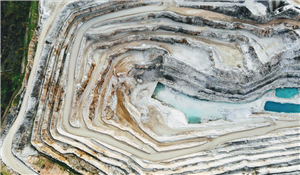
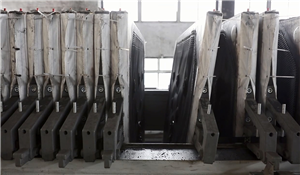
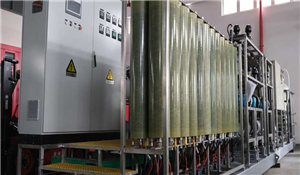
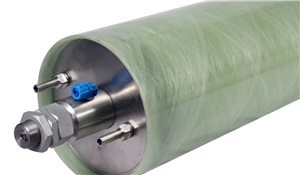
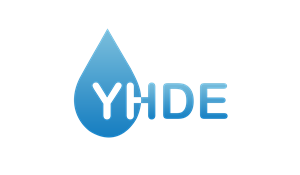


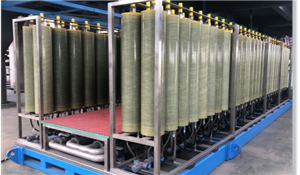
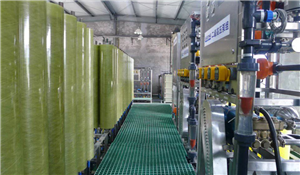
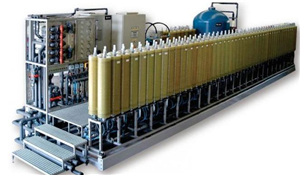


Henan Yuanhede Industrial Technology Co., Ltd.
East Industrial Park, Yuzhou City, Henan Province, China.
(+86)139 3822 7726
info@yhdegroup.com
www.yhdegroup.com